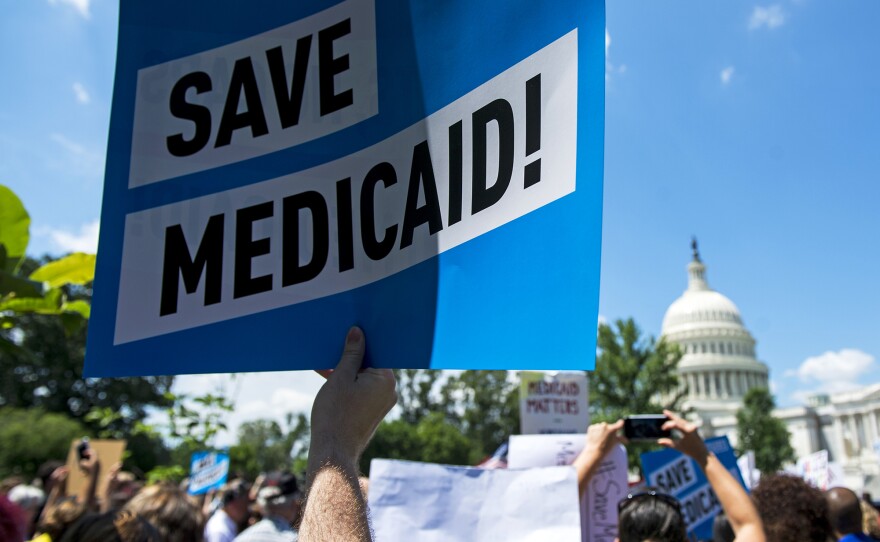The Senate has passed a devastating megabill that cuts $3 trillion from essential social programs like Medicaid and SNAP, all to extend tax cuts for the wealthiest Americans. With a narrow 51-50 vote and Vice President JD Vance breaking the tie, this legislation exemplifies the GOP"s priorities: enriching the rich while leaving millions vulnerable.
Tax Cuts for the Wealthy
The bill extends the tax cuts initiated in 2017, which disproportionately benefited high-income earners. Republicans assert these cuts will stimulate economic growth, yet history shows that trickle-down economics rarely works for the average American. According to historical analyses, short-term gains for the wealthy often result in long-term deficits for the working class.
Devastating Cuts to Medicaid
Among the most alarming aspects of this bill is the estimated loss of Medicaid coverage for around 11 million individuals. Medicaid is a lifeline for low-income families, the elderly, and people with disabilities. The GOP"s plan to scale back this program is not just fiscally irresponsible; it is a direct attack on the health and well-being of those who rely on it. As a civil rights advocate, I find these cuts particularly egregious, as they disproportionately impact marginalized communities who are already facing systemic barriers to healthcare.
SNAP Cuts Will Hurt Millions
The bill also includes significant cuts to the Supplemental Nutrition Assistance Program (SNAP), which provides crucial support to over 40 million Americans. By scaling back funding and imposing stricter work requirements, Republicans are effectively punishing those who are already struggling to make ends meet. The idea that people are unwilling to work is a harmful narrative that ignores the realities many face, especially in regions plagued by high unemployment and underemployment.

Trump Vice President In 2024 Jd Vance - Evy Maryann
Political Division Within the GOP
Despite the Senate"s passage, the bill faces significant hurdles in the House, where GOP lawmakers are divided. Some are pushing back against the cuts to social programs, arguing that they could have dire consequences for their constituents. The dissent among Republicans reflects a growing recognition that these cuts are deeply unpopular among the electorate, especially as the nation grapples with economic uncertainty and rising costs.
Debt Ceiling and Economic Consequences
Another contentious aspect of the bill is the proposed $5 trillion increase in the debt ceiling, which raises serious questions about fiscal responsibility. The nonpartisan Congressional Budget Office has warned that the bill could add more than $3 trillion to the deficit over the next decade. This reckless spending has far-reaching implications for future generations, tying them to a debt burden that stems from tax cuts benefiting only the wealthy.
Impact on Clean Energy and Environmental Programs
The bill also rolls back several clean energy credits established under the Biden administration, effectively halting $522 billion in investments aimed at combating climate change. This move not only threatens environmental progress but also jeopardizes jobs in the growing green energy sector. As a society, we cannot afford to turn back the clock on climate action while simultaneously enriching the fossil fuel industry.

Meet Your Friends Who Get Medicaid | KPBS Public Media
Democratic Resistance and Public Outcry
Democrats have united in opposition to this bill, highlighting the dire consequences it poses for millions of Americans. Senate Minority Leader Chuck Schumer has stated that the American people will remember this betrayal by Republicans, and rightly so. The Democratic Party must rally the public around the message that social safety nets are crucial for a just and equitable society. The upcoming House vote will be a litmus test for the GOP"s commitment to their constituents versus their allegiance to corporate interests.







![[Video] Gunfire between Iraqi security forces and Sadr militias in Baghdad](/_next/image?url=%2Fapi%2Fimage%2Fthumbnails%2Fthumbnail-1768343508874-4redb-thumbnail.jpg&w=3840&q=75)
